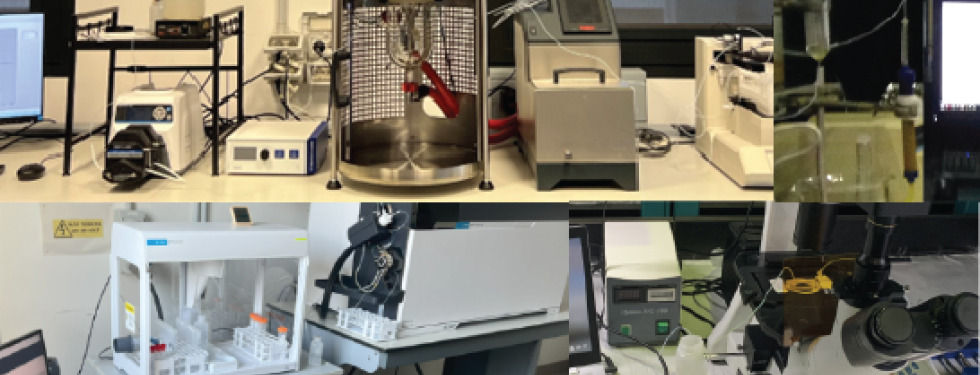Geochemical and Hydrological Processes Laboratory

Home
News
People
Research
Publications
ICP-MS Lab
Geochemical and Hydrological Processes Lab
Activity
Our research focuses on the study of bio-geochemical and hydrological processes where fluids interact with minerals, microorganisms, and infrastructure. Inspired by nature, we engineer sustainable new solutions to address the most important challenges of our time: removal of CO2 from the atmosphere, mining critical elements for the energy transition, predicting the migration of emerging contaminants (nanoplastics and pathogens) in the environment, and improving the modelling of compound flooding in urban and coastal areas.
We use a combination of computational and experimental tools including mathematical and numerical modeling, bio-geochemical modeling, and measurements at the laboratory and field scales.
Equipment
Access
The following steps are required to access the laboratory:
Location
University of Padova, Department of Geosciences, Via G. Gradenigo, 6 - 35131 Padova (Italy). Room 62 on the first floor.





